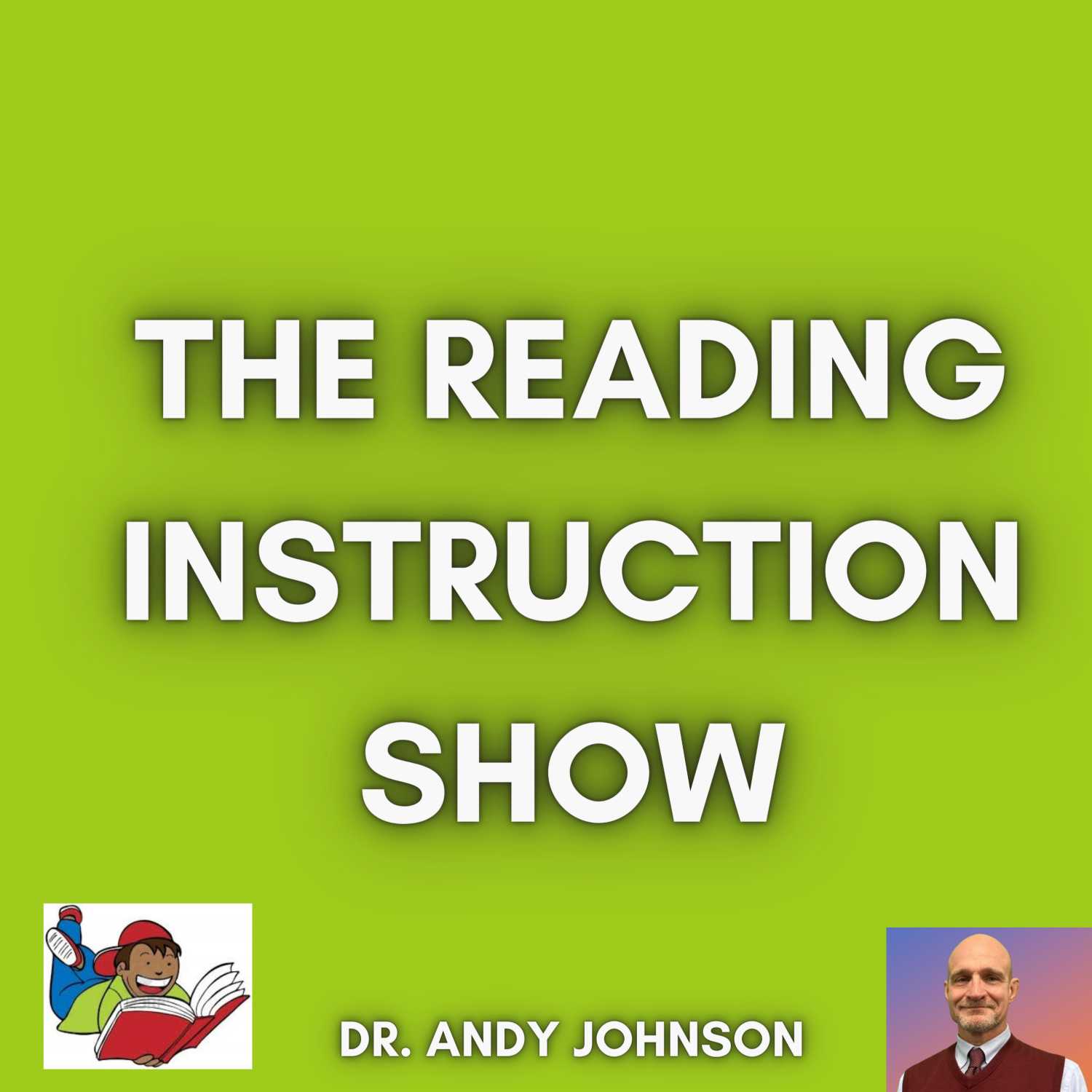I Was Wrong: Holy Books, Sacred Texts, Theories, Paradigms, and Reading Instruction
Description
Questions: How is it that one interprets the same thing differently across time? How is it that one can read a book, have an experience, or observe phenomena and draw completely different conclusions when the only thing different is the time in which it was read, experienced, or observed?
Is time a variable in comprehension or understanding? Is it a variable in constructing meaning?
A book that seemed so insightful at one point, with the passage of time, can become meaningless. Likewise, books that I once thought meaningless can sometimes become filled with insight, interesting, and important ideas with the passage of time. Same book. Same person. Same brain.
More Episodes
Phonics is important, but if that’s all you’re teaching, you limit students’ ability to recognize words and create meaning with print. And that is the end goal – to create meaning, not to fill out phonics worksheets, or pass end-of-unit tests, or sound out words in isolation
Published 11/04/24
Published 11/04/24
I was having a discussion with a fellow online who insisted that early reading instruction should consist primarily of direct instruction of phonics. His argument was that unlike learning to use oral language, learning to use written language is not a natural process for humans. “We’re not...
Published 11/03/24


